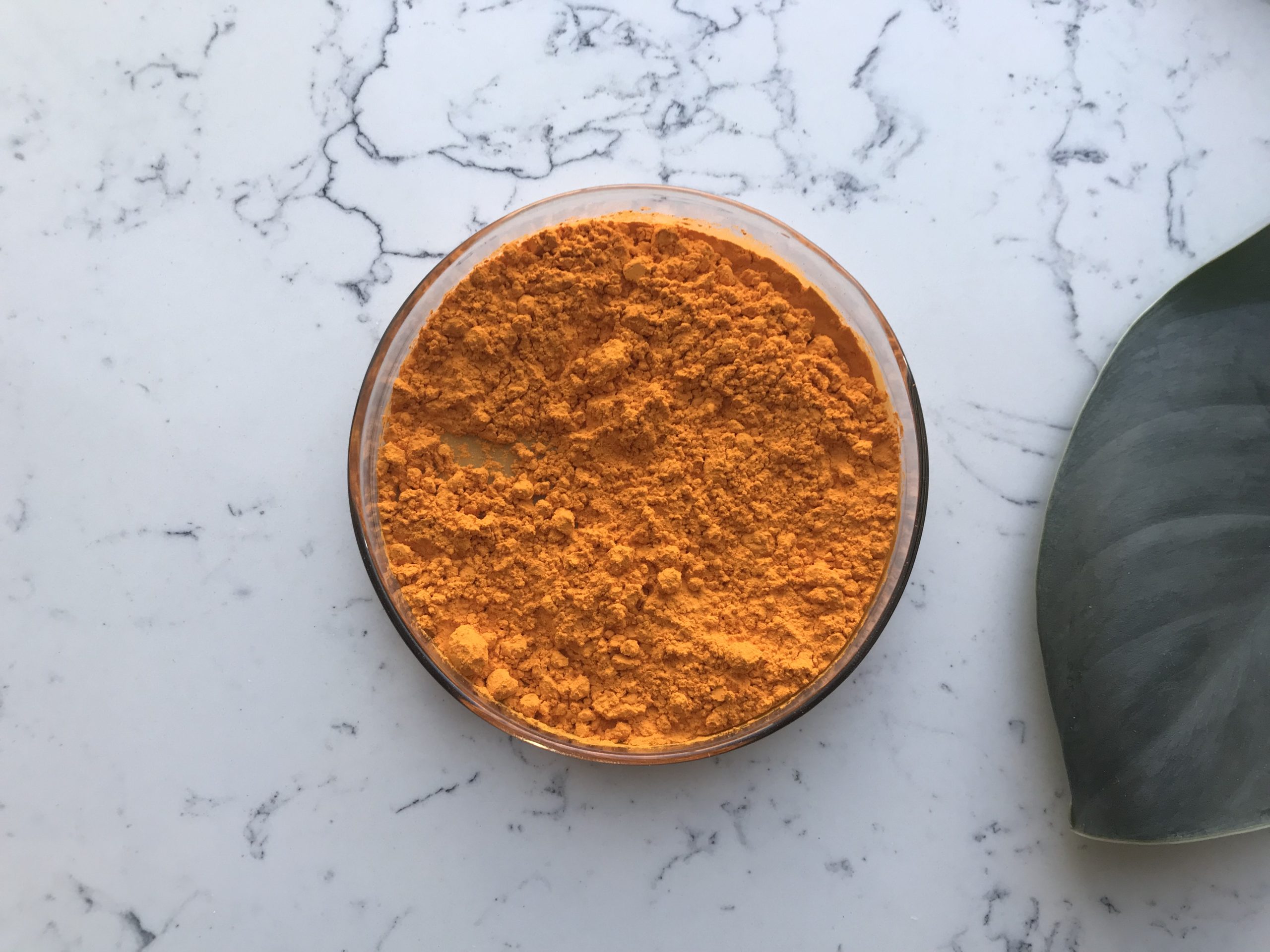Curcumin is a naturally occurring compound found in the turmeric root, which is commonly used as a spice and traditional medicine in many cultures. It has gained attention for its potential health benefits, such as anti-inflammatory and antioxidant properties. However, like any bioactive compound, curcumin also has potential drawbacks and negative impacts. Some of these include:

Gastrointestinal Issues: Curcumin supplements, especially when taken in high doses, can lead to gastrointestinal problems such as stomach upset, nausea, and diarrhea.
Interference with Medications: Curcumin can interfere with the absorption and metabolism of certain medications, potentially affecting their effectiveness. This is particularly important for individuals taking blood-thinning medications or those with certain medical conditions.
Blood Thinning: Curcumin has natural blood-thinning properties, which can be problematic for people who are already taking blood-thinning medications or those who have bleeding disorders. Excessive consumption of curcumin-rich foods or supplements can increase the risk of bleeding.
Interaction with Iron Absorption: Curcumin might inhibit the absorption of dietary iron, which could be concerning for individuals at risk of iron deficiency or anemia.
Allergic Reactions: Some individuals may be sensitive to curcumin or turmeric and could experience allergic reactions, such as skin rashes or itching.
Pregnancy and Breastfeeding: The effects of curcumin on pregnant and breastfeeding women are not well-studied. High doses of curcumin might not be safe during these periods, as they could potentially affect hormone levels or cause uterine contractions.
Liver Issues: In some cases, very high doses of curcumin might have hepatotoxic effects, meaning they could harm the liver. However, these cases are rare and typically involve extremely high doses.
Low Bioavailability: Curcumin has low bioavailability, meaning that it’s not easily absorbed by the body. This can limit its potential benefits, as the body may not be able to effectively utilize the compound.
Interaction with Gallbladder: Curcumin could potentially worsen gallbladder problems, such as gallstones, by stimulating bile production.
Digestive Discomfort: Some individuals may experience digestive discomfort, gas, or bloating after consuming curcumin-rich foods or supplements.
It’s important to note that the negative impact of curcumin can vary from person to person and depends on factors such as dosage, individual health status, and existing medical conditions. If you’re considering using curcumin supplements, it’s advisable to consult with a healthcare professional, especially if you have any underlying health issues or are taking medications. As with any dietary supplement, moderation and informed decision-making are crucial.
